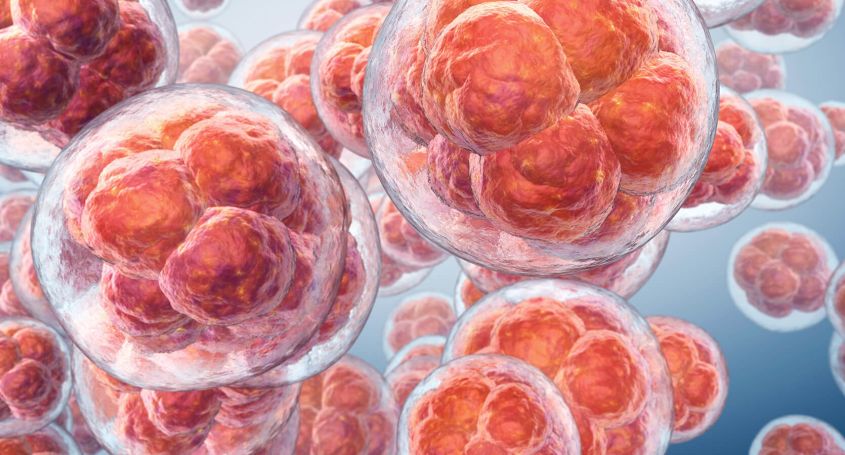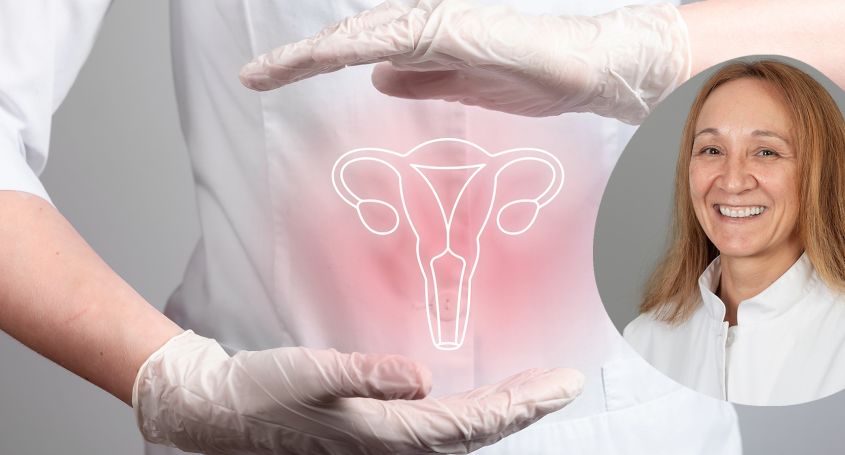How do you know if a woman is infertile?
Female infertility is diagnosed when a woman is unable to become pregnant after a prolonged period of trying or when, despite becoming pregnant, she is unable to carry the pregnancy to term, resulting in miscarriages or pregnancy loss. Once the diagnosis has been established, specific tests should be performed to identify the underlying cause of infertility.
Basic fertility tests include hormone analysis, evaluation of ovarian reserve , ultrasound, hysteroscopy in cases of suspected uterine cavity abnormalities, and hysterosalpingography to assess the patency of the fallopian tubes.
How many types of infertility are there?
Sterility, i.e. the inability to achieve pregnancy due to the absence of fertilisation of the egg, is classified into two main types:
Primary sterility: when the couple has never achieved pregnancy.
Secondary sterility: when the couple has achieved at least one previous pregnancy but is currently facing difficulties in conceiving again.
When should you start worrying about not getting pregnant?
In general, it is recommended to see a specialist if, after a year of frequent unprotected sex, pregnancy has not been achieved. In women over 38, this waiting period is reduced to six months.
In addition, it is advisable to seek medical advice early if there is a history of conditions that may compromise fertility, such as irregular menstrual cycles, endometriosis, polycystic ovary syndrome, or previous gynaecological or pelvic surgery.
What is the most fertile age for a man?
Although men produce sperm throughout their lives, semen quality and male fertility also decline with age. Semen quality begins to decline from the age of 35-40, with a more noticeable reduction after the age of 45. Therefore, the most fertile age for men is usually before the age of 45.
How can you tell if a man is fertile?
Male fertility assessment usually begins with a semen analysis, which evaluates the quantity, motility and morphology of the sperm. Depending on the results, additional tests such as hormone tests, genetic studies or ultrasound scans of the reproductive system may be recommended to identify possible causes of infertility.
Dr Cristina Guix
Expert fertility gynaecologist at Barcelona IVF





















